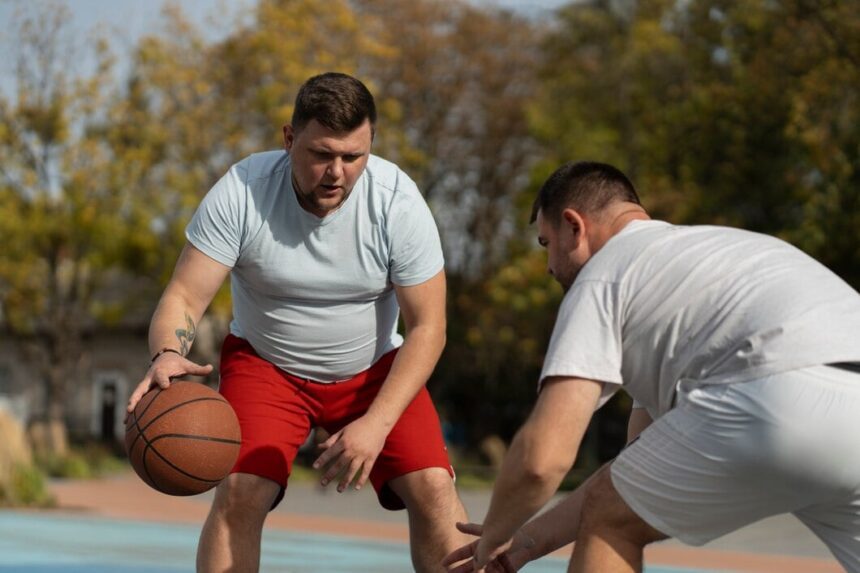In today’s demanding world, staying mentally agile is just as crucial as being physically fit. One effective way to boost mental resilience is by engaging in competitive sports. These activities offer more than just physical benefits—they significantly enhance mental well-being. Let’s explore the profound impact of competitive sports on mental health and why they should be an integral part of your life.
Building Mental Toughness
Participating in competitive sports requires overcoming challenges, bouncing back from defeats, and staying focused under pressure. This constant exposure to high-stakes situations fosters mental toughness, which translates to other aspects of life. According to a study published in the Journal of Sports Science & Medicine, athletes are 20% more likely to exhibit resilience in stressful scenarios compared to non-athletes.
Enhancing Cognitive Skills
Competitive sports demand quick decision-making and strategic thinking. Whether it’s basketball, soccer, or tennis, athletes must assess situations rapidly and act accordingly. Such experiences sharpen cognitive abilities like problem-solving, spatial awareness, and multitasking. Research shows that individuals engaged in sports have a 25% higher likelihood of improved brain function compared to their peers.
Reducing Stress and Anxiety
Physical exertion during competitive sports leads to the release of endorphins, the body’s natural stress relievers. Beyond the biochemical effects, sports provide a structured environment to channel energy and emotions, reducing stress and anxiety levels. For instance, a survey by the American Psychological Association revealed that 75% of individuals reported improved mental clarity after regular participation in sports.
Boosting Self-Confidence
Achieving goals and improving performance in competitive sports can significantly boost self-esteem. Winning a match, mastering a skill, or even personal progress fosters a sense of accomplishment. This boost in self-confidence extends to personal and professional domains, enabling individuals to approach challenges with optimism.
Fostering Social Connections
Competitive sports encourage teamwork, communication, and camaraderie. These interactions lead to lasting friendships and a strong support system, which are vital for mental health. A study by Harvard Health Publishing found that individuals with active social lives through sports are 30% less likely to experience depression.
Tips for Maximizing the Mental Benefits of Competitive Sports
Set Clear Goals: Define what you want to achieve to maintain focus and motivation.
Embrace Challenges: Use setbacks as opportunities to grow mentally stronger.
Practice Mindfulness: Incorporate mindfulness techniques to stay present during games.
Engage in Regular Training: Consistency helps build physical and mental stamina.
Seek Balance: Ensure sports complement, not overshadow, other aspects of life.
Conclusion
Engaging in competitive sports offers a wealth of mental benefits, from enhancing cognitive skills to fostering social connections. These activities are more than just games; they are transformative experiences that shape the mind and soul. So, whether you’re a budding athlete or a seasoned player, embrace the power of competitive sports to unlock your mental potential.







